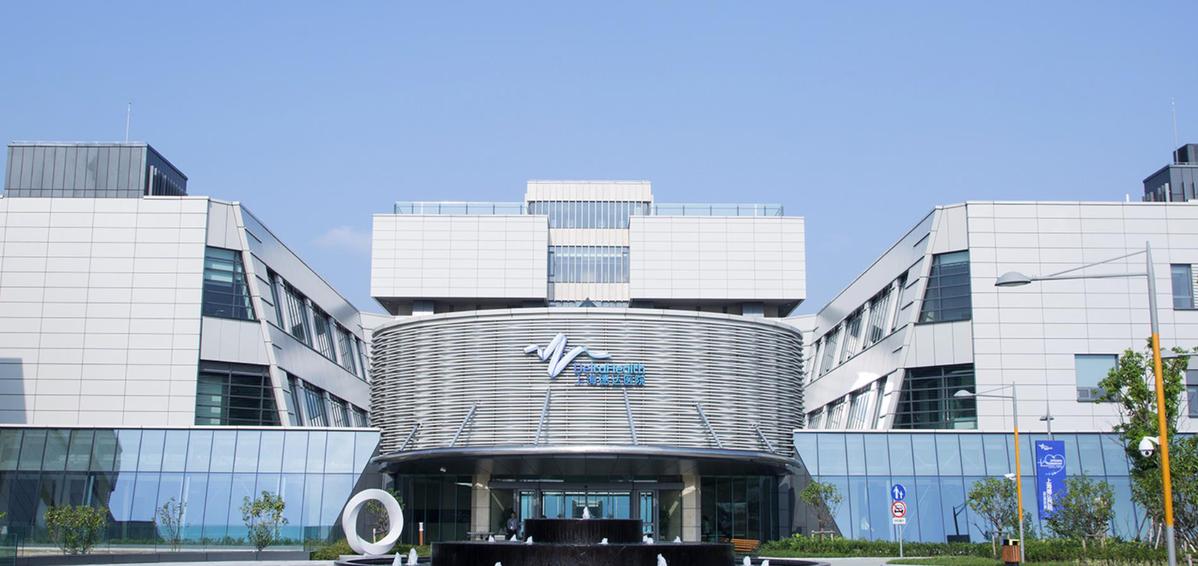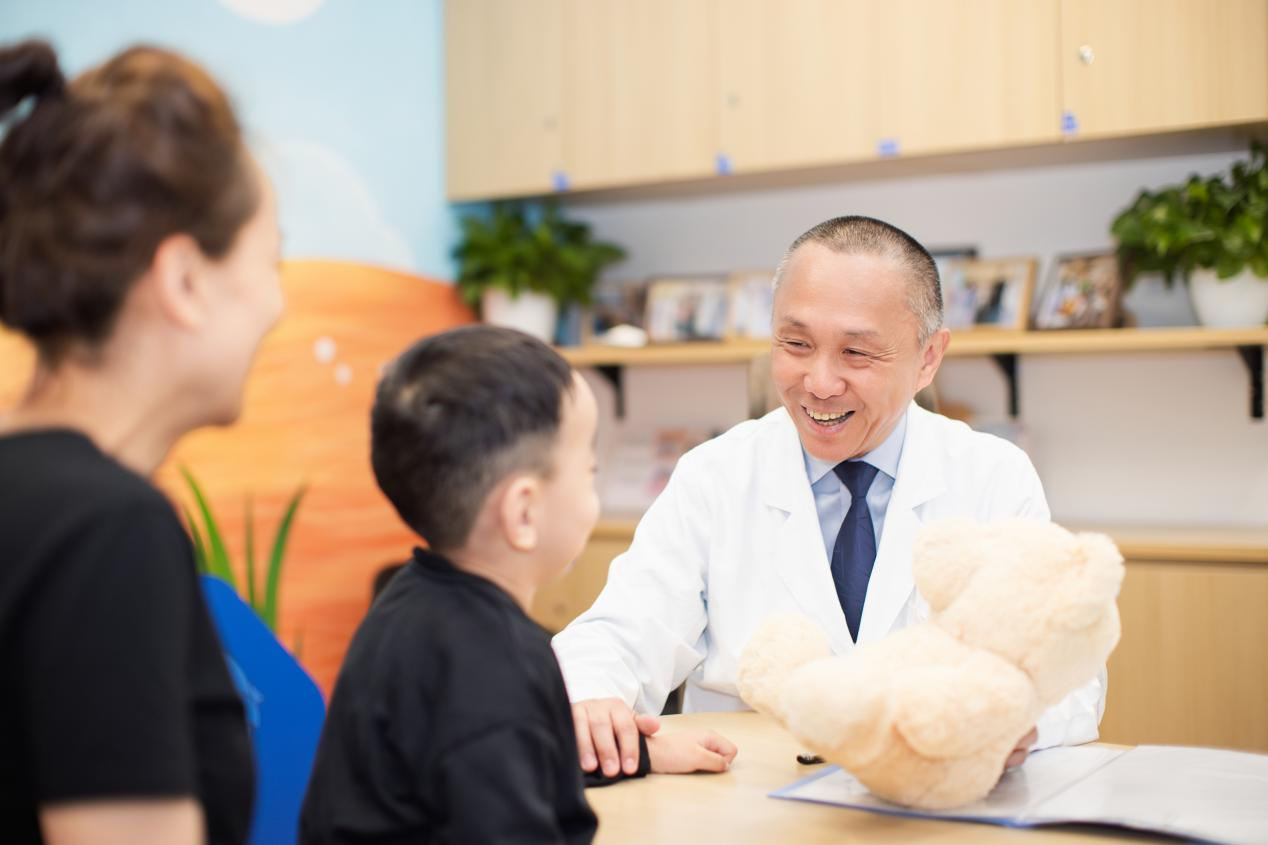Where to find trusted pediatric care in Shanghai
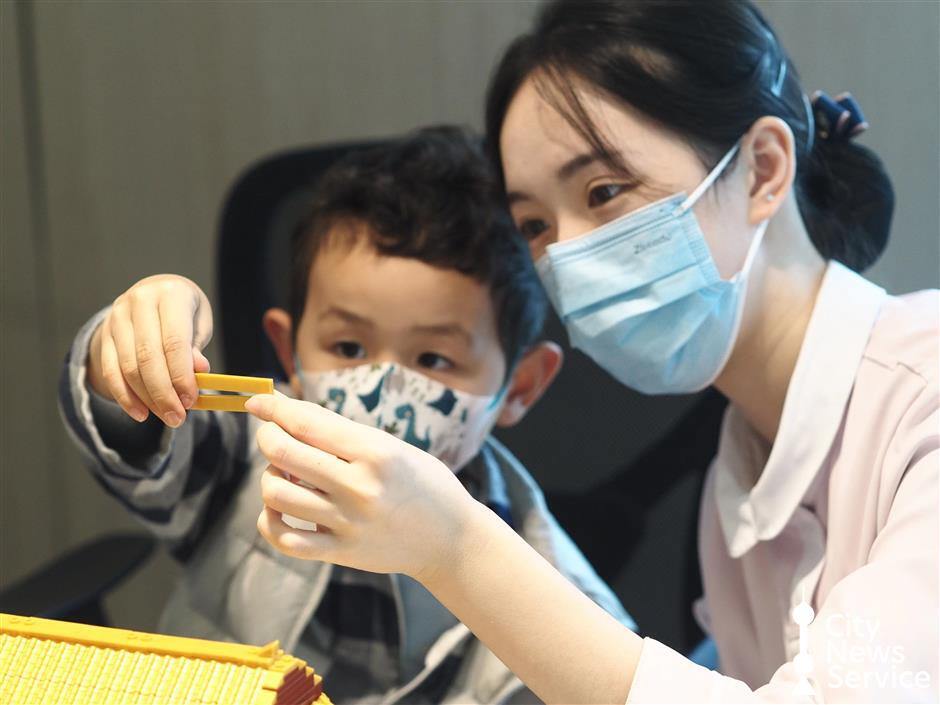
For expat parents in China, navigating healthcare options with a sick child can be a daunting experience, with language barriers, cultural differences, and concerns about unfamiliar medical practices adding to the stress of an already difficult situation.
Fortunately, Shanghai offers diverse options for young patients: top-tier pediatric hospitals, local health centers, and private clinics. Whether it be minor injuries or something more complex, expert care is always close by.
Below are some of Shanghai's renowned public hospitals for children:
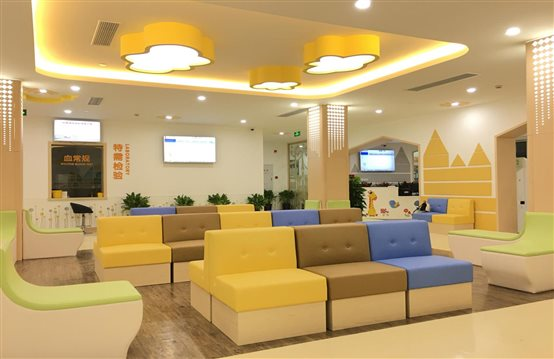
Shanghai Children's Hospital
Shanghai Children's Hospital offers a sanctuary for everything from nutrition and puberty-related puzzles to common childhood diseases.
The VIP Department of Shanghai Children's Hospital provides a comprehensive range of premium medical services, including one-stop general care, 24-hour outpatient and inpatient services, health check-ups, and immunizations.
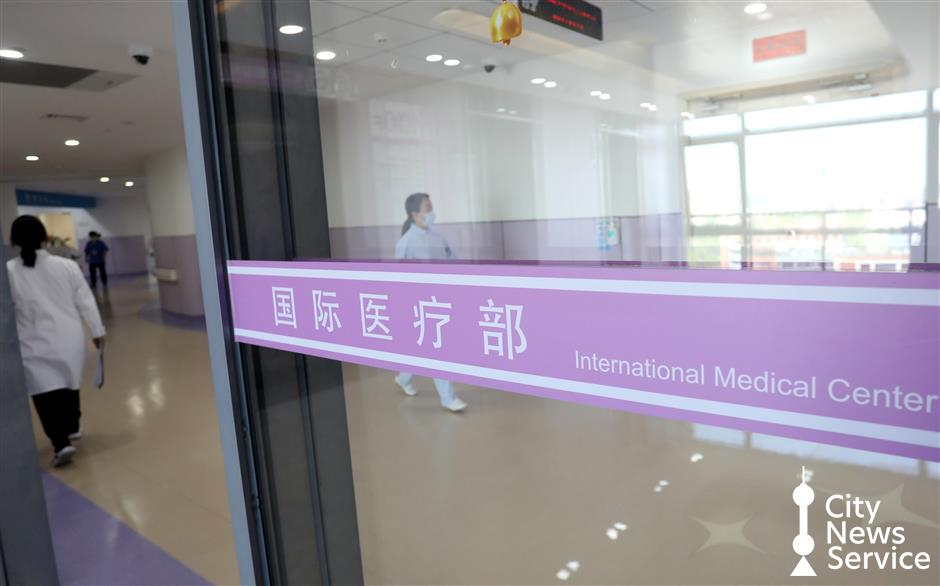
Children's Hospital of Fudan University
Children's Hospital of Fudan University offers hope for young ones suffering from cancer or neurological challenges. Its International Medical Center also provides 24-hour emergency care and one-stop innovative services.
Xinhua Hospital
For those little warriors needing surgical assistance, Xinhua Hospital stands as a bastion of quality pediatric surgery and critical care for newborns.
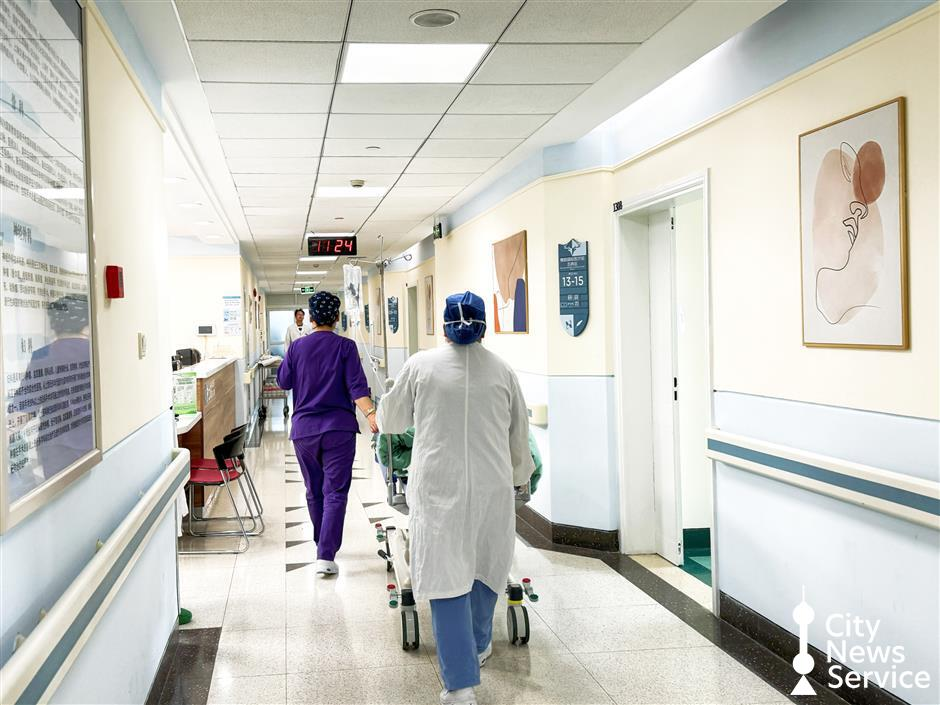
Shanghai Children's Medical Center
Shanghai Children's Medical Center is one of the top medical facilities in China specializing in pediatric congenital heart disease, hematology/oncology and developmental behavioral pediatrics.
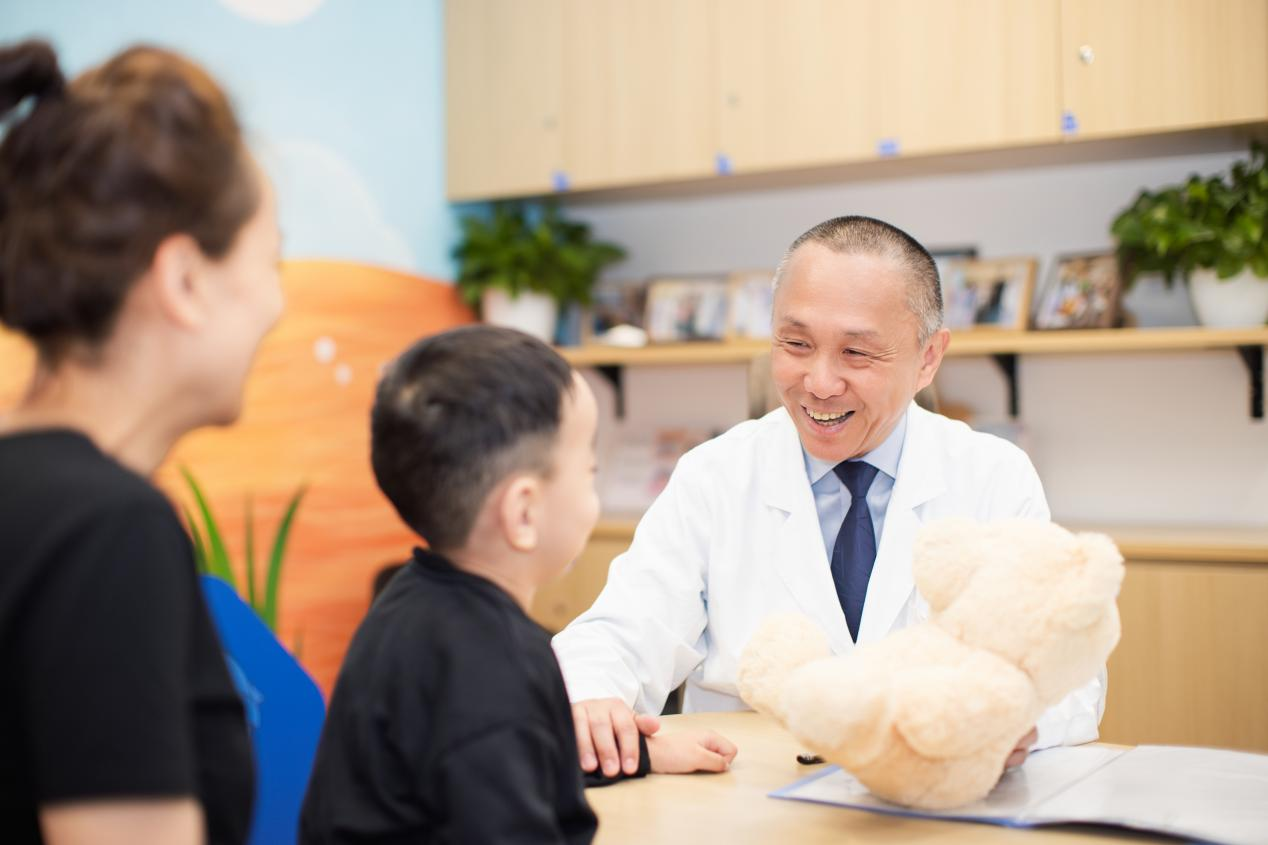
The International Medical Department of SCMC specializes in general practice and is staffed by a highly experienced medical team. Adopting a family-centered model of care, it is committed to meeting the diverse medical needs of its patients.
To better cater to patients from around the world, the hospital has built a multilingual volunteer network to overcome language hurdles.
Shanghai United Family Hospital
As one of the more popular institutions among expats, this hospital is renowned for its high standards in pediatric care. In its early days, it made its mark on the city with its maternity and pediatric services, but it has since evolved into a comprehensive healthcare institution dedicated to lifelong health management.
This hospital's approach is decidedly Western, making it a comfortable and familiar choice for the expatriate community. Its design and management are crafted to meet international standards, offering a seamless healthcare experience akin to what one might expect in the United States or Europe.
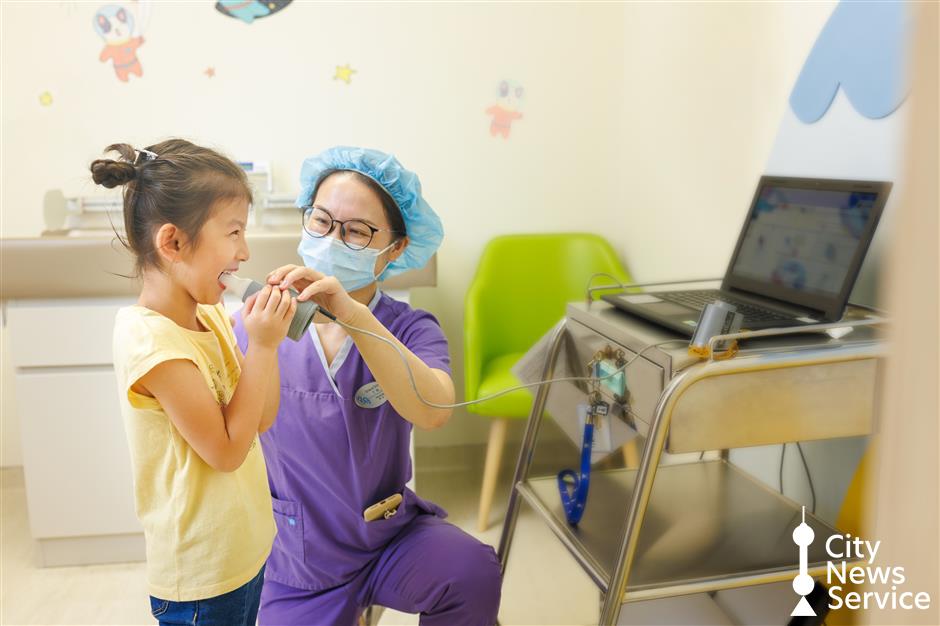
SUFH's Center for Children's Health
The Center for Children's Health at Shanghai United Family Hospital has locations in Changning, Jing'an, and Pudong. It provides a host of sub-specialties tailored to meet the diverse needs of young patients.
Whether it's routine check-ups or specialized care, the hospital's pediatric team caters to children of all ages. The staff includes specialists in pediatric endocrinology, gastroenterology, and developmental and behavioral health, ensuring a comprehensive approach to child wellness.
24-hour pediatric emergency care
SUFH’s Changning Campus, located at No 699 Pingtang Road, provides comprehensive pediatric emergency care with a 24/7 green channel available year-round. This campus offers urgent treatment for common childhood illnesses and sudden medical conditions.
Updated on Aug 21, 2025.
Sources: Shanghai Municipal Health Commission, City News Service, Shanghai United Family Hospital
